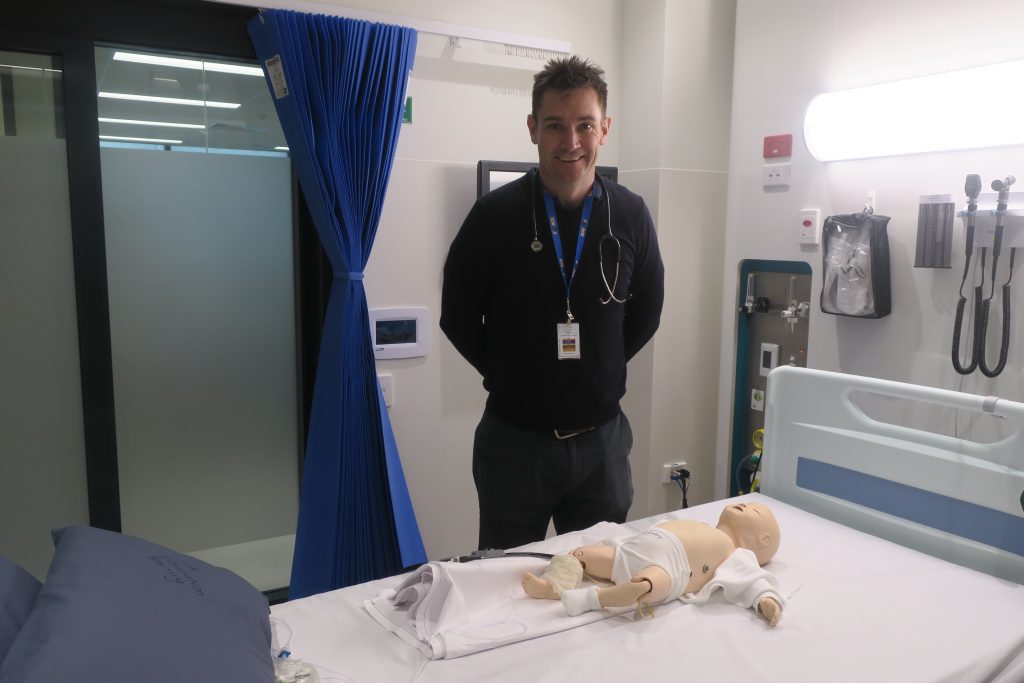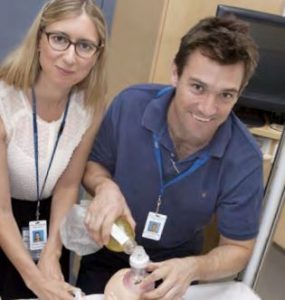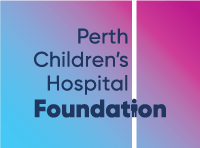
Simulation Suite
- Perth Children's Hospital Foundation
Simulation Suite
- Perth Children's Hospital Foundation
Located in the Queen Elizabeth II Medical Centre (QEIIMC) in Nedlands, the new Perth Children’s Hospital is now complete and the move to this wonderful new facility is imminent.
Technology and innovation is a major focus, with leading edge IT applications, medications management, electronic medical records and modular theatres, making Perth Children’s Hospital one of the most technologically advanced hospitals in Australia.
Simulation training allows professionals to hone their skills in a controlled and safe environment. Individuals and teams can practice making critical decisions, test their processes and improve their abilities and group dynamics in high pressure situations.
The Simulation Suite at PCH includes a fully fitted out theatre, an Intensive Care cubicle and a mobile unit that can be taken onto wards for training. The aim is to create the most realistic scenarios possible, with actors and manikins replacing real living patients. The manikins are programmable, reacting in different ways according to the scenario being simulated.

A wide range of scenarios, both physical and emotional, can be simulated in the facility, including:
• A crisis, such as haemorrhage or failed airway.
• Risk assessment for mental health.
• Discussing bad news with parents, including difficult diagnoses and mortality.
• Day to day ward rounds.
This state-of-the-art facility will be inter-professional, provide vast training benefits to staff and students working in the hospital, as well as medical professionals working in the wider community.
An education and training grant has been provided by PCH Foundation, enabling staff to participate in simulation scenarios that target the ways in which they deliver bad news.
The scenarios practiced in the simulation environments can be filmed. Instructors can identify any “gaps” in both the physical tasks required (such as intubation) and body language and tone of voice, which are so important when dealing with children and their families.
Dr Ellen Taylor and Dr Tom Rawlings are leading the Simulation Suite initiative, both having considerable experience working with simulation in the UK. They have been working on an instructor’s course called Sim Start, which will provide further training to clinicians in the running of scenarios and delivery of feedback. They are also hoping to set up high quality courses for professionals outside of CAHS.
“This will be one of the best paediatric Sim Suites in Australia,” Dr Taylor said. “When you have a learning experience where you felt something, you always remember it.”
